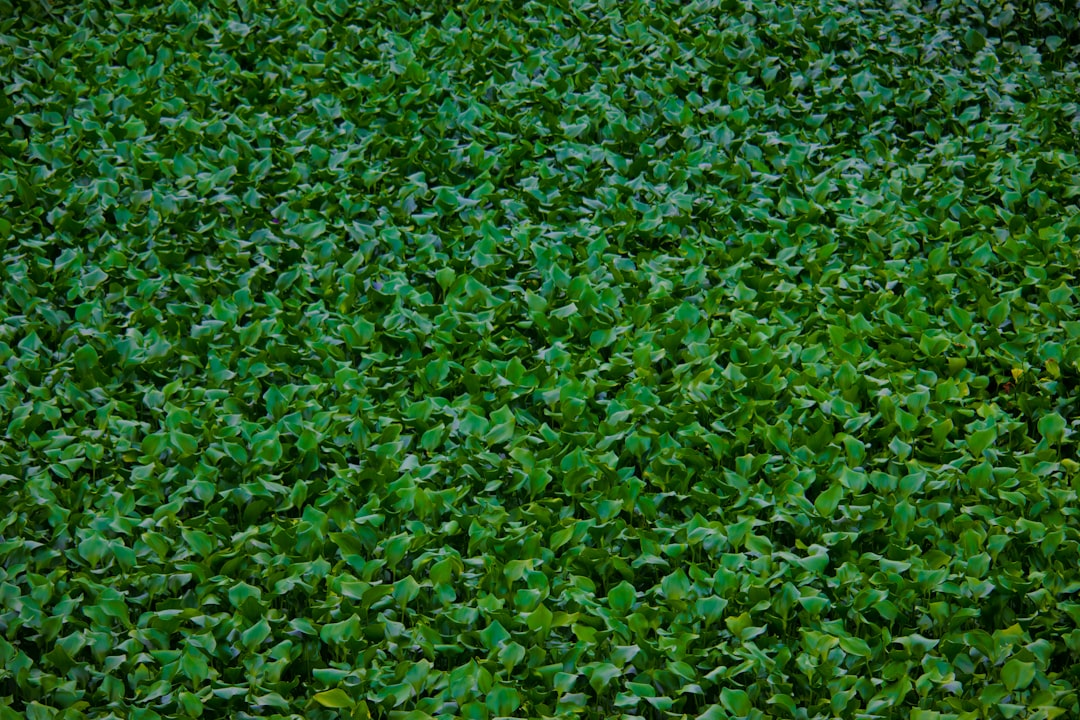The Magic of Diatomaceous Earth in Organic Gardening

Organic gardening is a rewarding endeavor, but it often comes with its fair share of challenges, especially when it comes to dealing with pests and maintaining soil health. One remarkable solution that has gained popularity in recent years is diatomaceous earth. This natural substance can work wonders in your garden, offering a range of benefits from pest control to soil improvement.
What is Diatomaceous Earth?
Diatomaceous earth is a soft, siliceous sedimentary rock that is crumbled into a fine white to off - white powder. It is composed of the fossilized remains of diatoms, a type of hard - shelled algae. The powder is made up of tiny, sharp particles that are microscopic in size. These sharp edges are what make diatomaceous earth so effective in various gardening applications.
Controlling Garden Pests Naturally
One of the most significant advantages of using diatomaceous earth in the garden is its ability to control pests. Many common garden pests, such as ants, slugs, snails, and aphids, can be deterred or eliminated with the application of diatomaceous earth. When pests come into contact with the powder, the sharp particles pierce their exoskeletons, causing them to dehydrate and die. This is a non - toxic and chemical - free alternative to traditional pesticides, making it ideal for organic gardens.
To use diatomaceous earth for pest control, simply sprinkle a thin layer around the base of plants, along garden paths, or in areas where pests are commonly seen. Reapply after heavy rain or watering, as the powder loses its effectiveness when wet. For example, if you have an ant problem near your flower beds, creating a barrier of diatomaceous earth around the beds can prevent ants from entering and causing damage to your plants.
Improving Soil Quality
Diatomaceous earth can also play a crucial role in improving soil quality. It helps to aerate the soil, allowing better water infiltration and root penetration. The porous nature of diatomaceous earth means it can hold onto moisture and nutrients, releasing them slowly to the plants. This helps to keep the soil moist and fertile, reducing the need for frequent watering and fertilizing.
When adding diatomaceous earth to the soil, mix it thoroughly into the top few inches of soil. For potted plants, you can add a small amount to the potting mix before planting. Over time, the diatomaceous earth will break down further, enriching the soil with silica and other trace minerals that are beneficial for plant growth.
Deodorizing Garden Gear
Another unexpected use of diatomaceous earth in the garden is deodorizing garden gear. Tools, compost bins, and even storage areas can develop unpleasant odors over time. Diatomaceous earth has excellent odor - absorbing properties. You can sprinkle some diatomaceous earth inside compost bins to reduce foul smells. For garden tools, wipe them down with a cloth dampened with a mixture of water and diatomaceous earth to remove any musty odors.
Using Diatomaceous Earth Safely
While diatomaceous earth is generally safe for use in the garden, it is important to take some precautions. When applying the powder, wear a dust mask to avoid inhaling the fine particles, as they can irritate the lungs. Also, keep it away from areas where beneficial insects, such as bees and ladybugs, are active, as it can harm them if they come into direct contact with it.
In conclusion, diatomaceous earth is a versatile and valuable tool for organic gardeners. It offers a natural and effective way to control pests, improve soil quality, and deodorize garden gear. By incorporating diatomaceous earth into your gardening routine, you can create a healthier and more productive garden without relying on harmful chemicals.